One of my favorite (ok LEAST favorite) statements that I hear when I am showing condos sounds something like this — ‘I like it, but the dues are sooooo expensive. And besides, single family homes don’t have dues.’
Sorry, but that statement simply isn’t true.
Single Family Dues
Single family homes have dues that fall into two basic categories:
- neighborhood dues (or HOA dues for homes that are located within communities that have mandatory home owner’s associations) that cover the pool, tennis courts, entry features, playgrounds, etc.
- property expenses that cover everything else (roof, siding, lawn maintenance, insurance utilities, windows, leaf removal, etc.)
Now the debate can begin.
Every Property Has Dues
All homes, condos, single family, multi-family, attached, detached, town home, etc — they all have ‘dues.’ Dues, in reality are nothing more than expenses. From ongoing maintenance, to future reserves for replacement, to insurance, taxes and utilities, all properties have expenses.
The difference is simply whether or not they are paid collectively in advance (i.e. condo), or individually, in arrears (i.e. single family.)
Imagine if you and the rest of the occupants in your home split the costs of ownership equally. You each paid monthly installments in advance of the bill being due, plus a little bit to go towards any future repairs – that is how a condo operates and probably the simplest way to think of it.
In a condo, since the ownership is collective, the collective pays the bills. Expenses are totaled up, divided amongst the owners, and paid (usually monthly) into an account that a management company draws upon to keep all of the bills current. But all of the owners are responsible for a share of the overall expenses of the building (not the inside of their unit), as well as a reserve account for individual repairs.
Breaking it Down
A sample breakdown is below (with the following disclaimer — below is how MOST condos are structured. See the Condo Declaration, Bylaws and Budget to confirm):
|
Single Family |
Condo |
|
|
Hazard Insurance |
Homeowner insures the entire structure. |
The condo insures the building, and thus it is included in the dues. The owner pays the equivalent of a renter’s policy to insure belongings and indemnify other owners if they are at fault |
|
Utilities |
Homeowner pays the entire cost |
In most cases, water and sewer are included in the dues. |
|
Repairs |
Homeowner pays for all repairs |
The condo pays the repairs from the reserve budget |
|
Reserve Account |
Homeowners are not responsible for paying into a reserve account to take care of big ticket items that need repairs (roof, HVA, surface parking) |
If the HOA is managed correctly, then the money for repairs is available in the reserve account |
|
Exterior Maintenance and Repairs |
Homeowner is responsible |
Included in the dues |
|
Elevator |
If they have one, the homeowner is responsible |
If the condo has one (or more), it is included in the dues |
|
Parking |
Homeowner is responsible |
Included in the dues |
|
Landscaping |
Homeowner is responsible |
Included in the dues |
So as you can see, when you compare apples to apples, the difference is not so great at all.
Summary
At the end of the day, a condo is nothing more than a pile of sticks and bricks, with roofs, foundations, windows, hallways and bathrooms — just like your single family home. It is not more expensive than the single family home, it just sometimes feels different because of the way it is paid for plus the fact that each month includes a small amount to put in the piggy bank.
Don’t shy away from buying a condo because of the dues, do or don’t buy it because of how it fits into your lifestyle.

